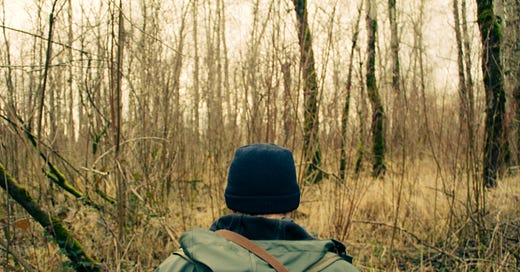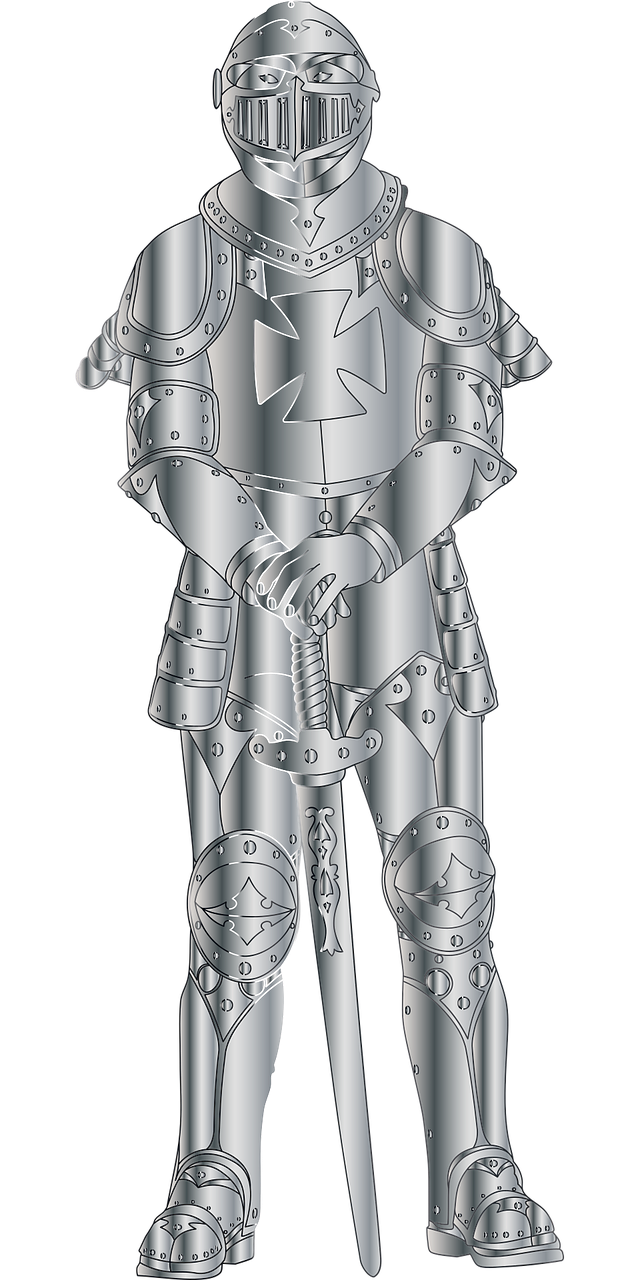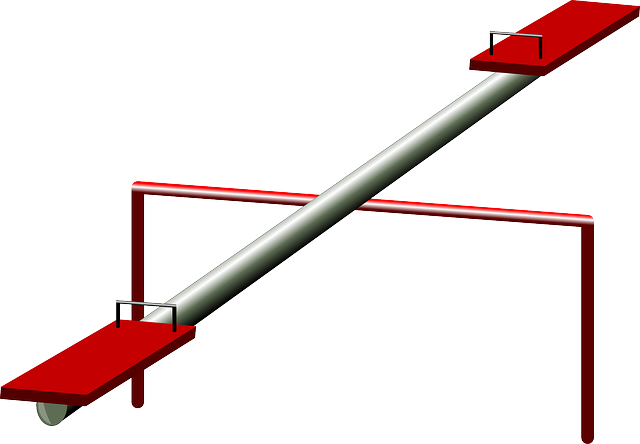The Warrior And The Warfighter: Metaphors For What It Means To Be A Man
It took me 10 years to realize what I’m about to share with you.
For most of my adult life (and I use the word “adult” loosely here) I was influenced by what I believed a warrior—and subsequently a man—to be: Tough. Cold. Emotionally shutoff. Refuses to ask for help. That weakness was synonymous with inferior.
And granted, these were sort of instilled in us during BUD/S (Basic Underwater Demolition/SEAL training) as we listened to instructors belch out sayings like:
“If you want sympathy, you can find it in the dictionary between shit and syphilis, but not here”
Or,
“Don’t let emotion cloud your judgment”—which does have validity for the short term, but if you don’t revisit that emotion to process it, you’re setting yourself up for failure.
What I learned after being out of the military for over 10 years now (yup, I’m completely inert at this point) is that being a man is akin to being a warrior. The only problem is that the military—and specifically BUD/S—training doesn’t prepare you to be a warrior. It prepares you to be a warfighter.
BUD/S prepares you to be a warfighter, not a warrior.
BUD/S is in the business of making SEALs, and what do Navy SEALs do? Well, we don’t train foreign internal defense (FID), we don’t paint churches, and we don’t build bridges.
No, we burn that shit down.
SEALs are war fighters. Plain and simple. We’re sent off somewhere to go play not-so-nice and fight war. There’s death, destruction, and savagery typically associated with this--and in that community, even praised.
The same applies if you’re a law enforcement officer or first responder. You just can’t turn “it” off.
So, what’s the problem, you ask? I mean, if you volunteered to be a SEAL then surely you expected these roles and responsibilities to come with it.
Yes, of course. I became a SEAL because I wanted to see action. The thought of sitting in a cubicle, working in a 9 to 5 nowhere job, wearing a tie, and talking with a bunch of nerds I don’t care about motivated me enough to pursue war.
That’s the truth and I wouldn’t change anything. In fact, when I die and my soul reincarnates, I hope I repeat that career choice in all my future lives.
But, there’s a problem with this whole “warfighter” bit. It’s total bullshit.
The Warfighter
The problem with being a warfighter only is that it’s a façade for manliness because anyone who subscribes to it as a male role model can only be half a man. Yes, I said “man” because that's who typically become special operators.
Being a warfighter is rooted in one extreme and one extreme only: destruction. That’s it. Your job is to wage war and take out the trash.
These are both completely necessary job responsibilities from a national security perspective, but the problem is when war is the only thing you know, you only want to wage war. It’s what you know best because it’s all you train for, all you’re surrounded with, and all you aspire for. You wage war for a living then return home only to train some more so you can win the next battle the next time you go to war.
Your armor never comes off.
But here’s the problem when you return home...
You’re still in war fighting mode, but without an enemy to take the fight to, you take the fight to the only person you can: yourself and/or your family.
You become more irritable. Distant. Even more critical of yourself and, subsequently, others. You avoid people who aren’t your teammates because “they just don’t get it” and you therefore deprive yourself of opportunities to connect—a basic human need.
It’s a burning Ferris wheel that never stops turning unless you decide to jump off. And when you do jump you’re in no position to deal with everyday life because you’re still recovering from that thousand-foot Ferris wheel fall.
I’m equating being a warfighter to being a man, or how many men believe a man should be: tough, sometimes vicious, intense, cold, domineering, infallible, and invulnerable.
If you’re in that camp then I got bad news for you. You’re limited. You can never be the man you’re capable of and, more importantly, can’t provide for others if you’re constantly using the “warfighter” role model.
The Warrior: The Other Half of Manhood
If being a warfighter is half of the equation, then the other half is being a warrior.
Being a warrior means you still have the physical capacity for violence like the warfighter, but it also means demonstrating vulnerability, acceptance, love, and patience. You are balanced.
A true warrior can balance the destruction warranted by the warfighter with the creativity offered by the warrior.
Why creativity? Because creation is the opposite of destruction. When somebody sits on one end of a teeter totter, for instance, you don’t sit in the middle to balance it out, you sit on the opposite end and that creates balance (I’m trying to avoid a physics lesson here).
When I say creativity, I’m not suggesting you need to sit down and color with a couple Happy Meal crayons. Creativity, in this sense, is doing something that offers you a release.
You're creating catharsis for yourself rather than destroying part of yourself.
For me, I find writing, exercising, Kundalini yoga, teaching self-defense, and coaching others to be cathartic. Hell, the whole impetus for why I wrote my book Navigating Chaos: How to Find Certainty in Uncertain Situations was because it was cathartic for me. I enjoyed the writing process and felt I had unique knowledge to share that people could benefit from, so I wrote.
The creation process is what stimulates newfound joy, love, acceptance, and all the other “happy” feelings that get suppressed while destroying.
And no, you can’t game the system here by saying “well, war is cathartic.” Sorry, it doesn’t work that way. While part of me would agree with you (nobody wants to train for something only to never participate) the part of me that knows better is writing this post. That’s the benefit of having diverse experiences.
Warriors recognize the need to balance out the destruction in their lives. If you don’t try to balance out the destruction then you only create more, and I can’t think of anyone who’s benefited from destroying everything and everyone in their life.
Think of the teeter totter example as a metaphor for a life struggle, such as a job opportunity to accept or refuse, a relationship to stay in or leave, or an unproductive habit to unlearn since doing so is always an uphill battle. Where you sit in that struggle determines how well that struggle balances out. In other words, obsessing over the problem is sure to make the problem grow bigger, but if you find some acceptance—maybe sprinkle in a little love—you may just find your problem go away.
Some Things Can Never Be Turned “Off”
Despite striving for balance, some switches remain forever “on” but glow at a lower intensity, only to be brought into the light when needed. That’s okay. In fact, it’s a superpower. Too much of any one thing is just that—too much. Too much destruction and you burn the bridge before you cross it; too much creativity and you can never cross the bridge because you’re too busy thinking about how awesome it is. You need a balance of both. That's what makes a man—throttle control and the vulnerability to modulate.
If you have the capacity of the warfighter, keep it. Embrace it. You never know when those skills will be called upon in today’s unpredictable world. Not everything should be turned off. But at the same time, realize that the warfighter’s capacity is a “break glass in case of war” scenario only.
A man should be able to “flip the switch” from empathy to enemy.
A man should be able to create motivation within himself to do things he’d rather avoid.
A man should be able to disconnect his emotion to make a rational decision, but only if you revisit and process that emotion later.
But, a man should also feel comfortable talking about and expressing “touchy feely” topics of love, acceptance, patience, and understanding, too. If those feel uncomfortable, then you’re not there yet. Your inner warrior still has work to do.
It takes courage to manipulate that light switch away from displays of toughness, criticism, or judgment, and over to “vulnerable” or “patient” or “accepting.”
Destruction is easy. Creativity is not. But just the very process of trying to balance the two makes you more of a warrior than most.
Listen to this article with a paid subscription (don’t worry, it’s a meager $5/month)
Journal Prompts
What is my definition of a man? What or who influenced this worldview?
What within this worldview might be improved?
Is my perception of what it means to be a man serving me? Why or why not?
What’s holding me back from changing it?









Bro! This is so good … spot on!